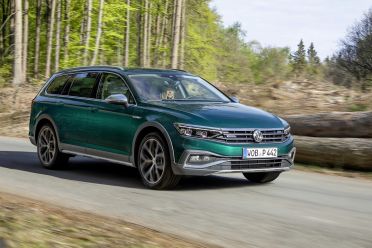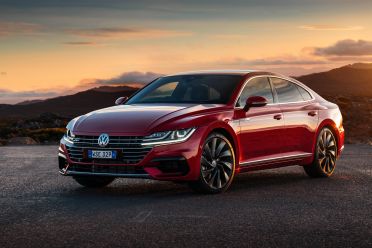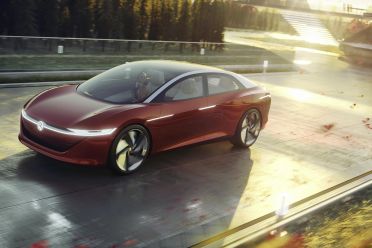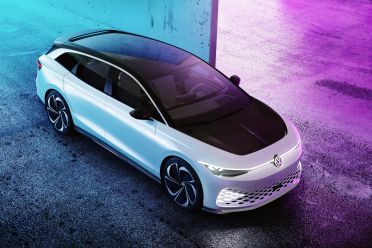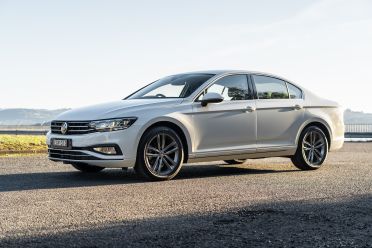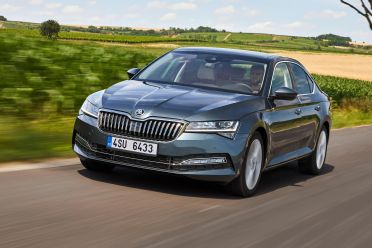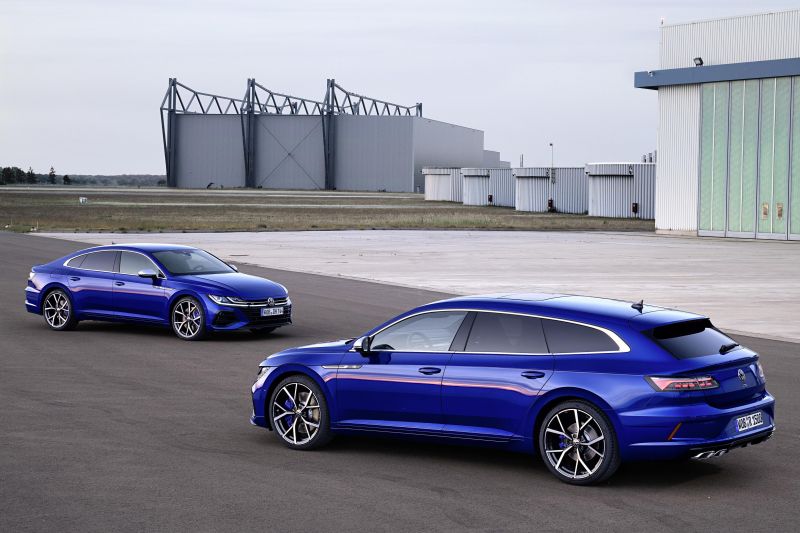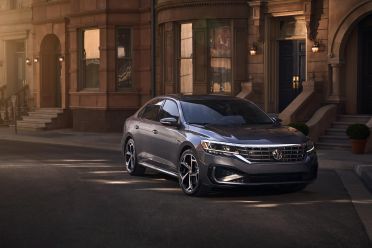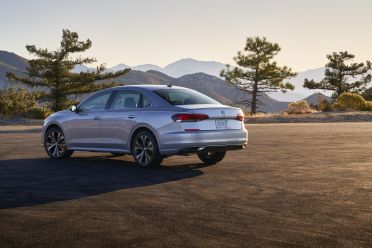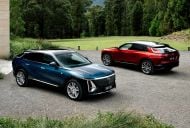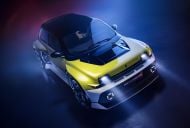How do you know sedans are really struggling? Answer: when the largest automaker in the world plans to discontinue its best-selling sedan in one of its largest markets.
That’s just what Volkswagen is considering, reports Automotive News Europe, despite its Passat sedan and wagon range being the best-selling mid-sized car in Europe in the first half of this year.
Also on the chopping block is the Arteon, which reportedly won’t survive beyond its current generation.
Company sources told the publication the Passat nameplate will live on, but will be used exclusively on a station wagon that’ll be sold in wagon-loving markets like Germany.
Volkswagen is reportedly discontinuing the Passat sedan not just because it’ll have a similarly-sized EV sedan coming, but also because – surprise, surprise – private buyers have continued to move to crossovers.
Indeed, the Passat’s sales skew heavily to fleets in Europe as with many mid-sized cars. In Germany, nine out of 10 Passats are registered to corporate buyers.
The decision to axe the Passat sedan resolves a mid-sized logjam that was about to form, with Volkswagen introducing a wagon version of its Arteon liftback and planning to introduce a sedan and wagon based on the ID. Vizzion and ID. Space Vizzion concepts (above).
When the dust settles, Volkswagen’s mid-sized offerings will consist solely of the new, electric sedan and wagon, and the internal combustion-powered Passat wagon.
Volkswagen has confirmed it’s moving production of the Passat from Emden, Germany where it’s been built for 36 years to its Bratislava, Slovakia plant where it’ll be built alongside its Skoda Superb cousin.
The Superb will continue to offer a three-box silhouette for buyers in Central and Eastern Europe who still desire that shape.
The Passat and Superb are the best- and second-best selling mid-sized cars in Europe from mainstream brands and through October the Volkswagen Group has sold 88,478 Passats and 47,889 Superbs.
Though it remains far and away the market leader in the mainstream mid-sized segment in Europe and jockeys for the top spot in the overall mid-sized market with the BMW 3 Series and Mercedes-Benz C-Class, its sales have declined.
Last year, Volkswagen sold 124,650 Passats in Europe. Though the Passat’s sales have prominent peaks and troughs, Volkswagen consistently sold over 200,000 examples annually between 2000 and 2008 and even exceeded 300,000 sales some years.
The Arteon is selling about as well as its CC predecessor was in its prime but it’s a much lower-volume entry overall, hovering around the 20,000 annual sales mark in Europe.
The Passat was reportedly at risk of not surviving at all for a ninth generation.
Volkswagen Group chairman Herbert Diess said earlier this year, “I’m not sure we need three models of similar size that all compete in the same segment. We will have to look closely at how we progress with the Passat.”
Less surprising is the news Volkswagen will discontinue the Passat in the USA.
Though the global Passat and the recently-redesigned Chinese Passat use Volkswagen’s MQB architecture, the US Passat still uses the old PQ46 platform that underpinned the sixth-generation model introduced in 2005.
Developed as a more affordable entry into the mid-sized market there and previously sold in China as well, the US Passat has seen its sales wither away though a facelift this year has given it a boost.
The US mid-sized sedan market remains a high-volume one but the number of offerings has continued to shrink.
It lost the Chrysler 200 in 2017, while the Buick Regal (Holden Commodore) and Ford Fusion (Mondeo) will be gone after this year and the Chevrolet Malibu likely won’t survive beyond its current generation.
In the current generation’s first full year of sales, 2012, Volkswagen sold 117,023 examples. By 2017 it was sitting around half that tally and in 2019 the Passat absolutely crash-landed, recording an abysmal 14,123 sales.





